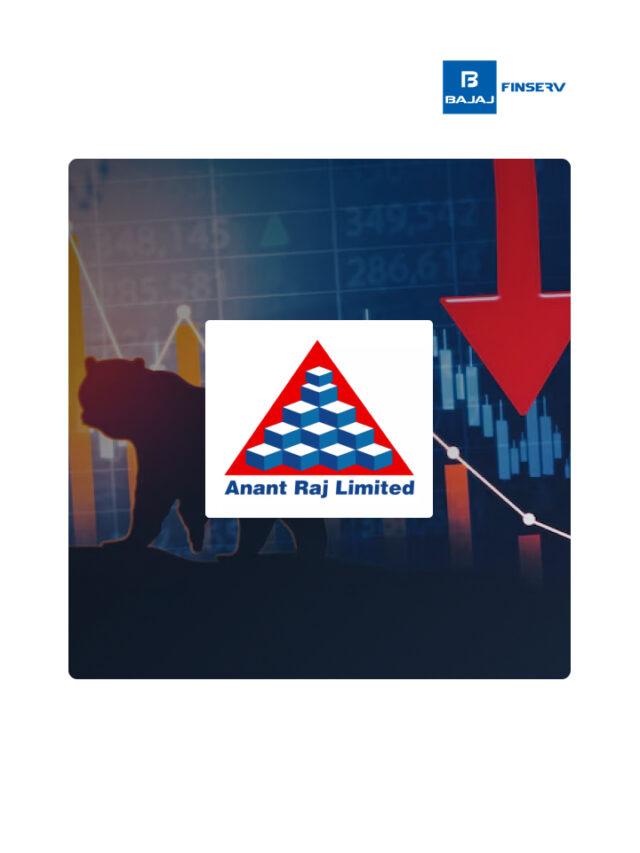Scalping Trading: What is scalp trading & how does it work?
Last Updated on January 2, 2024 by BFSLTeam BFSLTeam

Today, let’s try to understand more about what it’s like to be a scalper trader and what scalp trading means.
If you have just started learning about stock markets, chances are that you might be exploring and learning about new trading styles that suit your personality the best.
Picking up a trading style that suits your personality the best is beneficial because successful trading requires having the right mindset and good trade execution. Trading with a style you’re comfortable in might give you an extra push to master these two things.
Here are three factors to keep in mind when choosing the best trading style for you –
- Your goals as a trader
- Your capital
- Your risk-taking capacity
So, without any further ado, let us understand what scalping in the stock market means.
In simple words, scalping means entering and exiting your orders in a few seconds to a few minutes at maximum. A scalper does this with the sole aim of earning profit from a stock’s short-term price fluctuation.
Scalp Trading is usually done by using a trading time frame between 5 seconds to 2-3 minutes. A scalper needs good risk management and entry-exit strategy to be profitable while trading with this style. Read on as we explain what scalping is in more detail.
Table of Content [hide]
Who exactly are scalpers?
Scalpers are traders who enter and exit from trades many times a day to earn small amounts of profit. As the trade duration is very small, a scalper trader must be quick when scalping in the stock market.
A scalper must be very professional and have expertise in quick execution, as scalping can be a tough nut to crack. Scalpers also have to overcome problems like:
- As scalpers take trades frequently, they have to follow strict risk management rules to remain profitable even after paying high transaction costs.
- Scalpers have to be aware of HFTs. They have made a scalper’s job more competitive as it can punch thousands of orders in microseconds. HFTs execute orders in a way that is impossible for humans to do.
As mentioned above, only experienced scalpers make money, as scalping is very challenging. Here are a few qualities one must develop to become a successful scalper –
- You should be very disciplined
A scalper is required to follow strict rules when it comes to the way they trade. Even a small mistake can result in heavy losses.
- You must be quick in decision-making
Even if the scalper deals with the market for a very brief moment, still anything can happen. A scalper has to often experience situations like – missing out on good opportunities or some positions can go against them within a very short span, etc.
A scalper must be ready and take quick decisions in situations like these and should not panic when taking these decisions.
How does the scalp trading strategy work?
A trader scalping in the stock market looks for quick sharp price moves to make small profits. They trade multiple times a day to earn small portions of profits. In scalping, A scalper trader benefits by taking leveraged positions, which helps to maximize their potential profit. Many traders prefer scalping in options as they can provide quick profits in less duration.
For scalping, a stock must be very liquid. Liquidity ensures that a trader will get the appropriate price when taking an entry and exit in a stock. Liquid and volatile markets are the ideal markets for scalpers. These types of markets suit the requirements of a scalper very well.
The following are the most common indicators used by scalpers –
- SMA (Simple moving average)
- RSI (Relative strength index)
- VWAP (Volume-weighted average price)
- Bollinger bands
Day trading Vs Scalp trading
Scalping might sound a lot similar to intraday trading. While they share some similarities, they also differ in various ways. The following table highlights the differences between scalping and intraday trading –
| Scalping | Intraday trading | |
| Duration of the trade | In scalping, the trade duration can last from seconds to several minutes at a maximum. | In intraday trading, a trade can last from several minutes to a few hours. |
| Timeframe | A scalper uses a trading timeframe of 10 seconds to 2-3 minutes | An intraday trader generally uses a trading timeframe of 5 to 15 minutes. |
| Type of market | A scalper prefers volatile markets | An intraday trader prefers a trending market. |
| Number of trades | A scalper can take hundreds of trades. | An avg. intraday trader takes about 2-3 trades a day at maximum. |
| Transaction costs | Scalping attracts huge transaction costs as scalpers take a lot of trades. | Compared to scalping, the transaction costs of intraday trading are less. |
Should you scalp?
It is not recommended for a complete rookie to follow scalping as their primary trading strategy. Scalpers need to be very focused, disciplined and they also have to make very quick decisions. This is why only experienced scalpers make money.
Professional scalpers must consider many things that may affect their overall profitability, such as transaction costs, unusual market volatility, illiquidity, etc.
This might sound too overwhelming for you, but don’t worry. Even if you’re a beginner and do not know how to scalp trade, you can start scalping by paper trading at first. Eventually, by adopting the traits of a successful scalper, as mentioned in this blog, you will become a successful scalper in no time!
Frequently Asked Questions
Depending on the particular scalper’s strategy and the condition of the market, the number of scalp trades per day might vary significantly. Scalping entails repeatedly entering and quitting deals over a short period of time, although there is no set amount.
When a trader purchases a stock and immediately sells it in an effort to profit from the stock’s extremely brief price changes, this is an example of scalping.
Typically, the ideal scalping window is between 5 seconds to 2-3 minutes. Scalpers employ these extremely brief durations because they want to profit from swift price changes.
Scalping and day trading are both profitable for the trader. However the returns usually vary depending on a wide range of factors such as the trader’s ability, market conditions, risk appetite, et al. For seasoned traders, each strategy can be profitable, but each has its own difficulties and requirements. The capacity of the trader to correctly analyze markets and make quick judgements is essential for success with either strategy.










